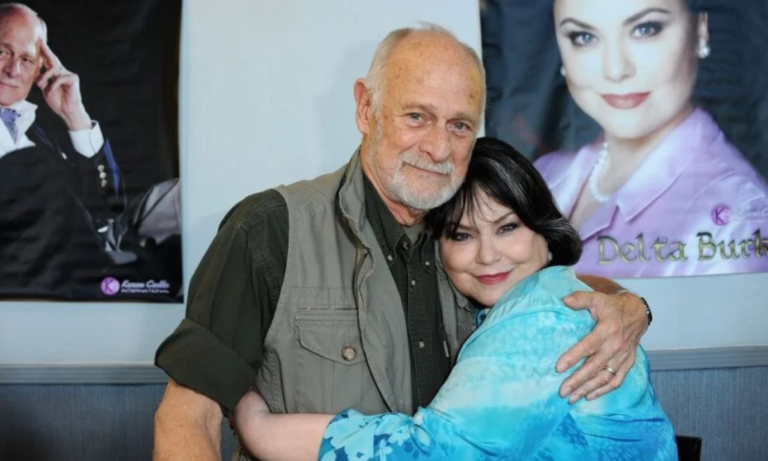The ’80s TV star faced relentless media cruelty and personal struggles due to her noticeable weight gain, leading to difficult times. Despite these challenges, her rise to fame, the battles she endured, and the unwavering love that gave her hope shaped her journey.
In the late 1980s, this actress rose to fame, captivating audiences with her wit and vibrant personality on a top sitcom. However, as her popularity soared, she faced mounting behind-the-scenes tensions and public mockery over her weight.

Despite the challenges, one thing remained unwavering: her husband’s steadfast love. While the world focused on her difficulties, he provided her with strength and support, helping her rebuild her life away from the public eye.
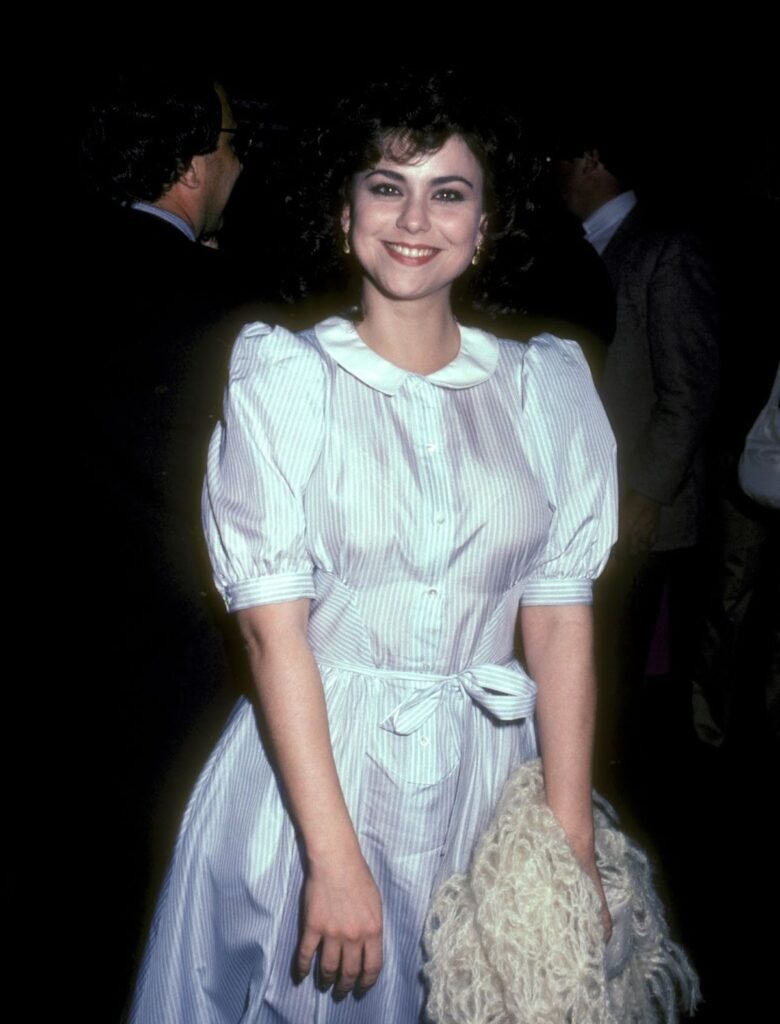
In 1986, this actress secured the role of Suzanne Sugarbaker on the popular sitcom Designing Women, where her captivating charisma and impeccable comedic timing earned her widespread fame and admiration.
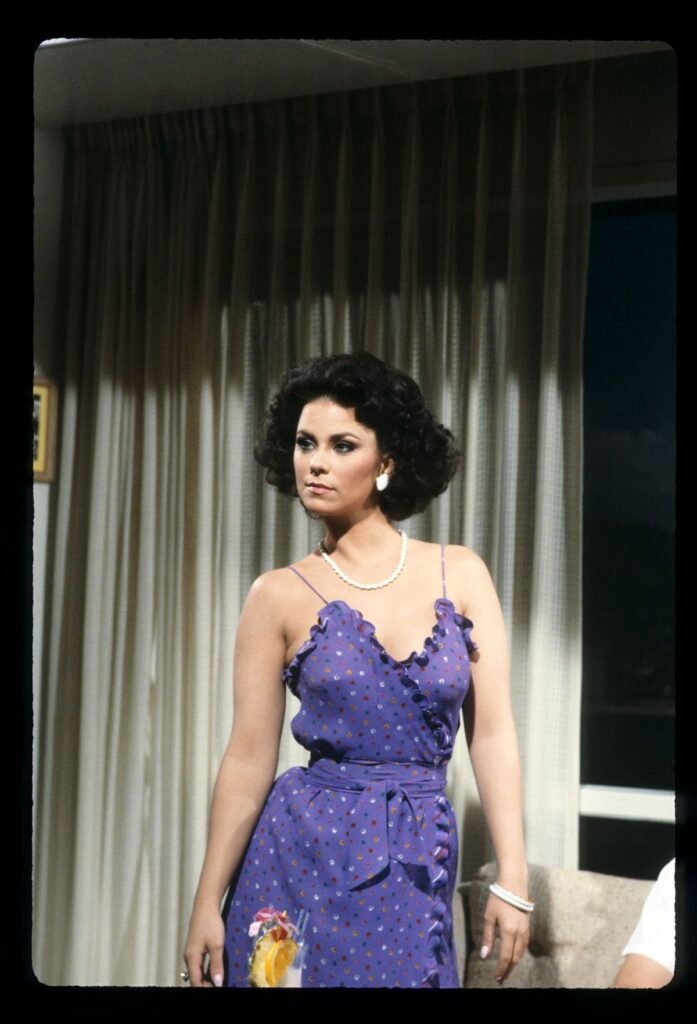
With her sharp wit and undeniable charm, she quickly won over audiences and appeared to be on a path to a long, successful career. However, as the spotlight grew brighter, the intense pressures of Hollywood began to take a severe toll on her mental health and self-esteem.

Behind the scenes, the actress was battling depression, a struggle she had faced since her teenage years. By the end of the second season of Designing Women, her condition worsened, causing her to isolate herself for long periods. She later shared, “Basically, I would shut down and hole up. I wouldn’t want to leave the apartment until I came out of this dark place. It was very debilitating.”
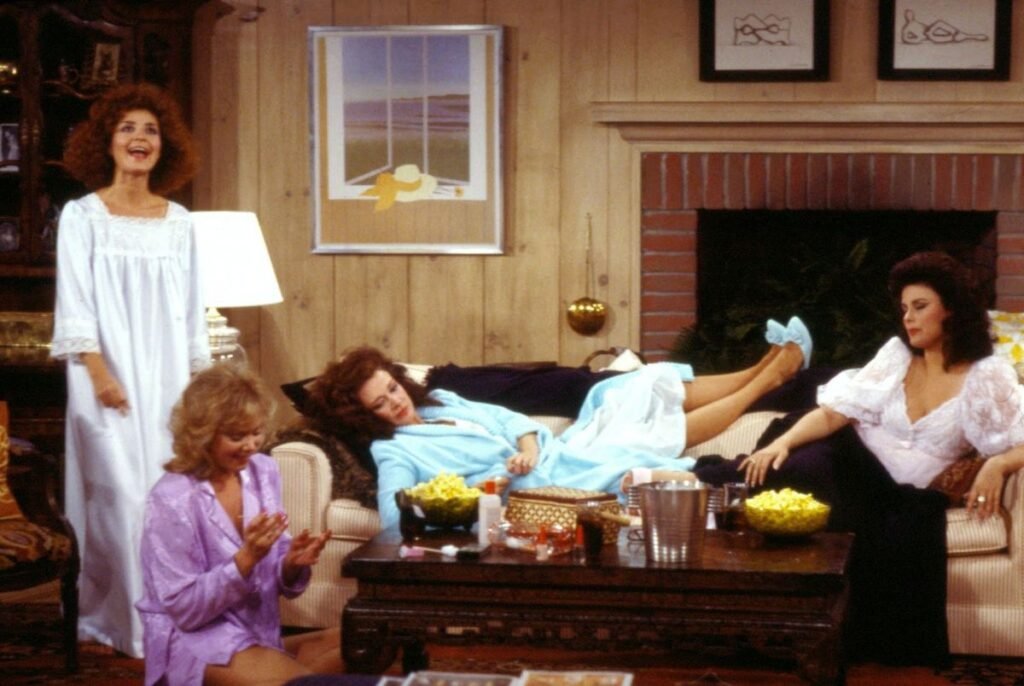
As the show’s fourth season progressed, the actress’s struggles became more visible, with debilitating panic attacks affecting her work. These episodes were terrifying, often causing her body to spasm uncontrollably. During these difficult times, her co-star and close friend, Dixie Carter, would stay by her side, offering reassurance and much-needed comfort.
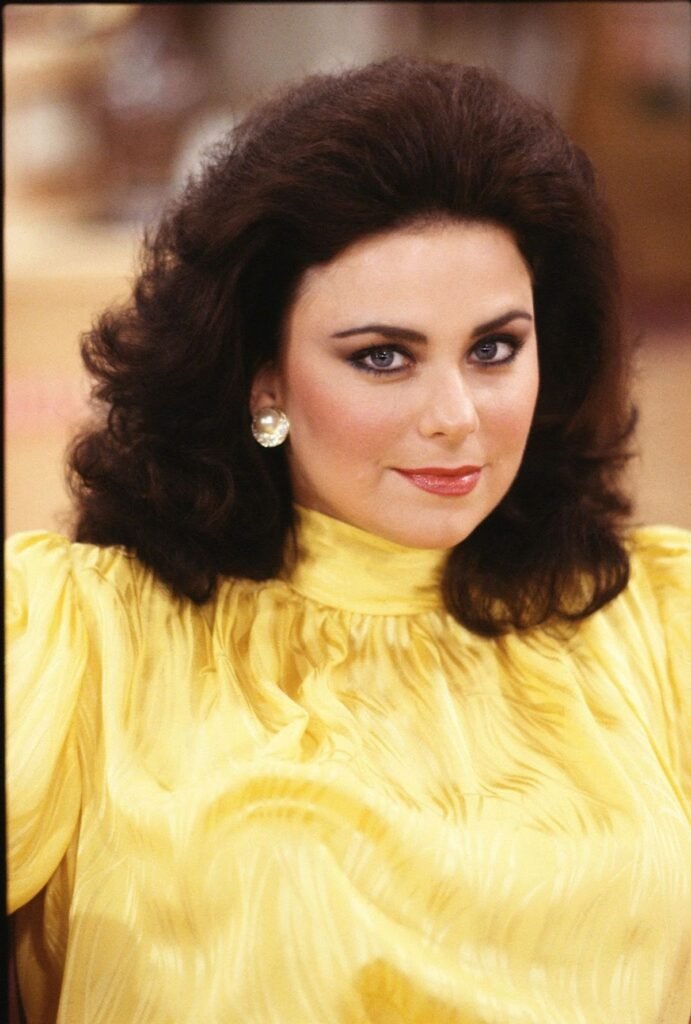
Despite her personal struggles, the actress continued with her role, but her weight gain became the target of relentless media scrutiny. As her appearance changed, tabloids cruelly mocked her, dubbing her with harsh nicknames like “Delta Bulk.” The constant media coverage took a significant emotional toll. Co-star Annie Potts later commented, “The tabloid machine tortured her.” Reflecting on the public’s fixation on her body, the actress, a former Miss Florida, questioned why she was subjected to such cruel ridicule.

“I didn’t do anything to deserve this. Why are they so cruel?” she asked, reflecting on the harsh treatment. She compared her struggles to those of icons like Elizabeth Taylor, pointing out how many women in Hollywood were unfairly judged for gaining weight.
The actress’s depression and public humiliation led her to seek comfort in food. “When I would be depressed in L.A., it would be, ‘Let’s just have one Stouffer’s macaroni and cheese after another,'” she admitted, using food as a temporary escape from her pain.
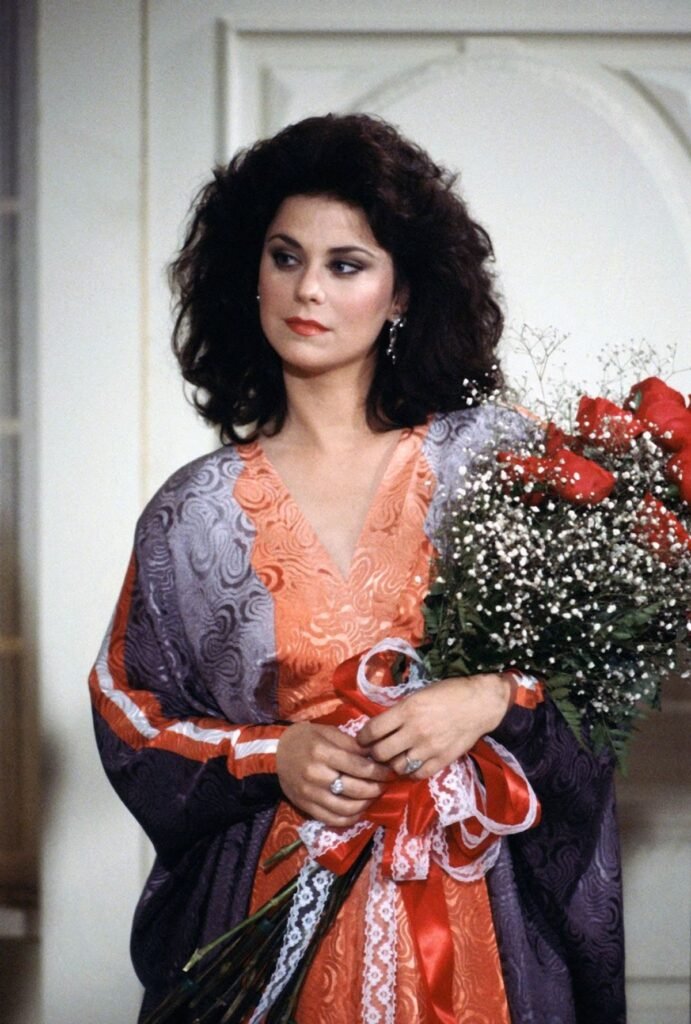
The weight gain went beyond physical hunger, symbolizing the deeper emotional struggles she was unable to resolve. Over time, her weight reached 215 pounds, which led to tension with the show’s producers.
At one point, the actress, physically and mentally drained, requested to be released from her contract. “I wanted to leave, and I wasn’t allowed to leave,” she revealed. Despite her wishes, the showrunners were determined to have her return to the series.
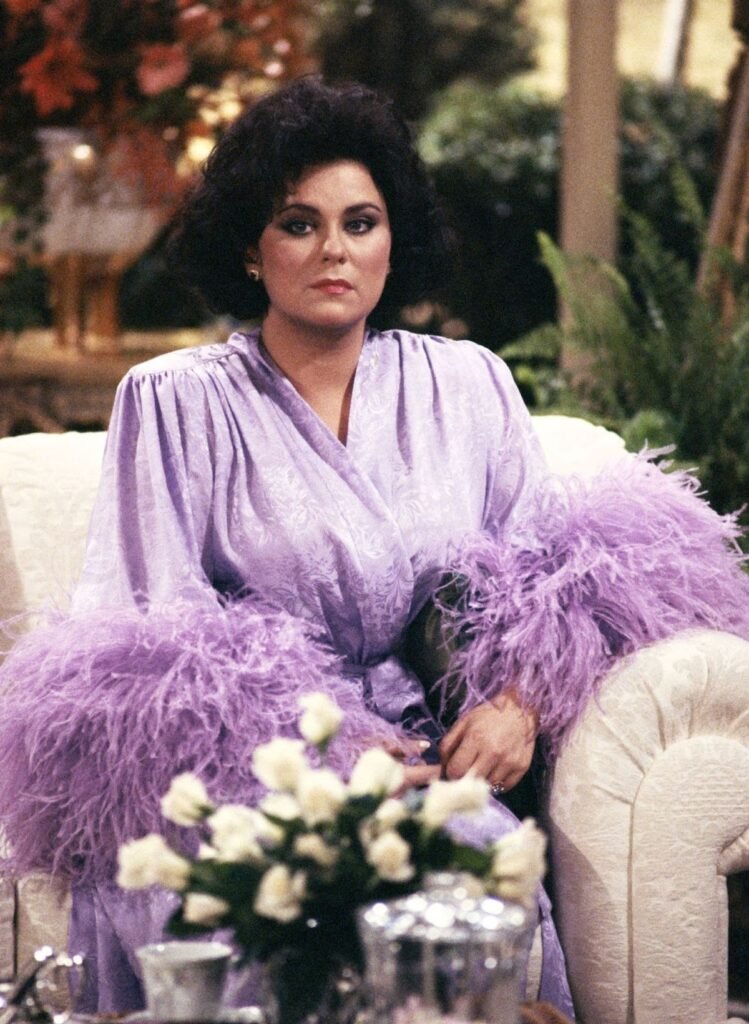
Instead of letting her leave, a concerned friend had her admitted to a hospital. “The nurse said I looked like a wounded animal. I didn’t really want to exist,” she shared. Reflecting on that dark moment, she recalled being weighed at 170 pounds, feeling overwhelmed with despair and saying, “I wanted to die.”

Amid these struggles, there was a brief moment of hope. Not wanting to fuel the negative media attention, the actress reportedly “backed off” when the reports about her weight surfaced. Instead, she approached the show’s creator, Linda Bloodworth-Thomason, with a bold idea—to directly address her weight gain in an episode of Designing Women.
“I didn’t want to help them hurt me. I was also getting frustrated playing Suzanne. I wanted to show another side of her,” the actress explained. She approached Linda Bloodworth-Thomason with the idea of addressing her character’s weight in an episode. The result was the groundbreaking storyline “They Shoot Fat Women, Don’t They,” where Suzanne confronts body image issues, offering a powerful portrayal of the actress’s own struggles.

The episode was a critical success, earning the actress a standing ovation from the studio audience and her first Emmy nomination. It was later revealed that Linda Bloodworth-Thomason’s husband was so moved by the script that he cried while reading it.
Despite this achievement, tensions behind the scenes continued to grow, and in 1991, the actress was let go from the show. Her dismissal had a profound impact, both personally and professionally, marking a painful turning point in her career.
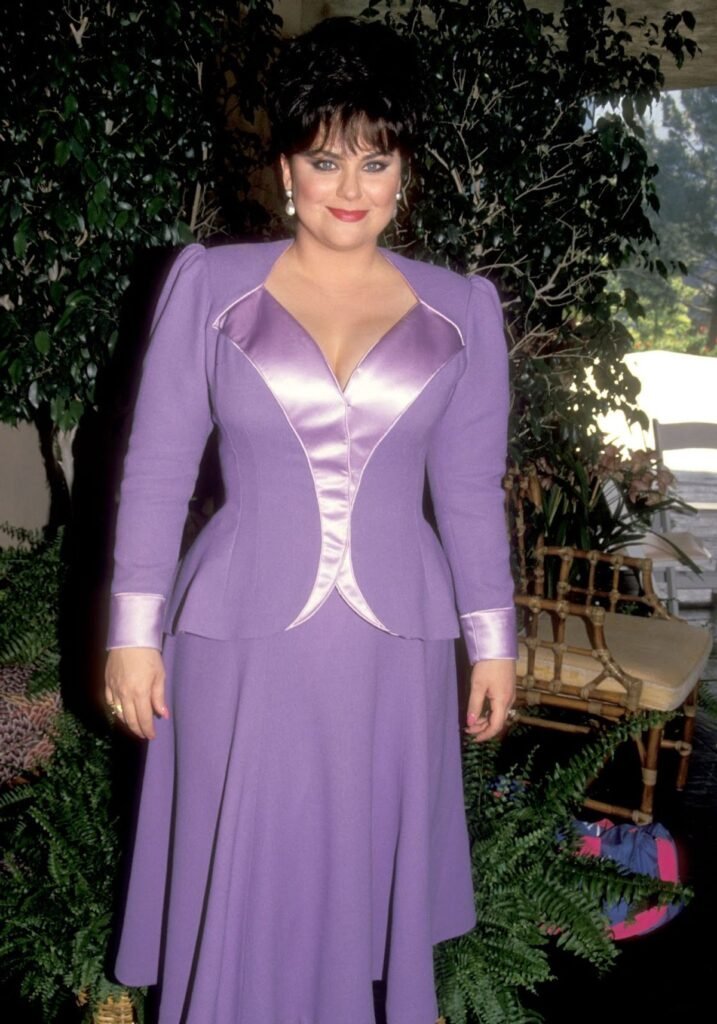
Feeling rejected by Hollywood and abandoned by an industry she had devoted herself to, she withdrew from the spotlight. In 1995, she and her husband sold their home in Pasadena and relocated to New Orleans, seeking a fresh start away from the public eye.
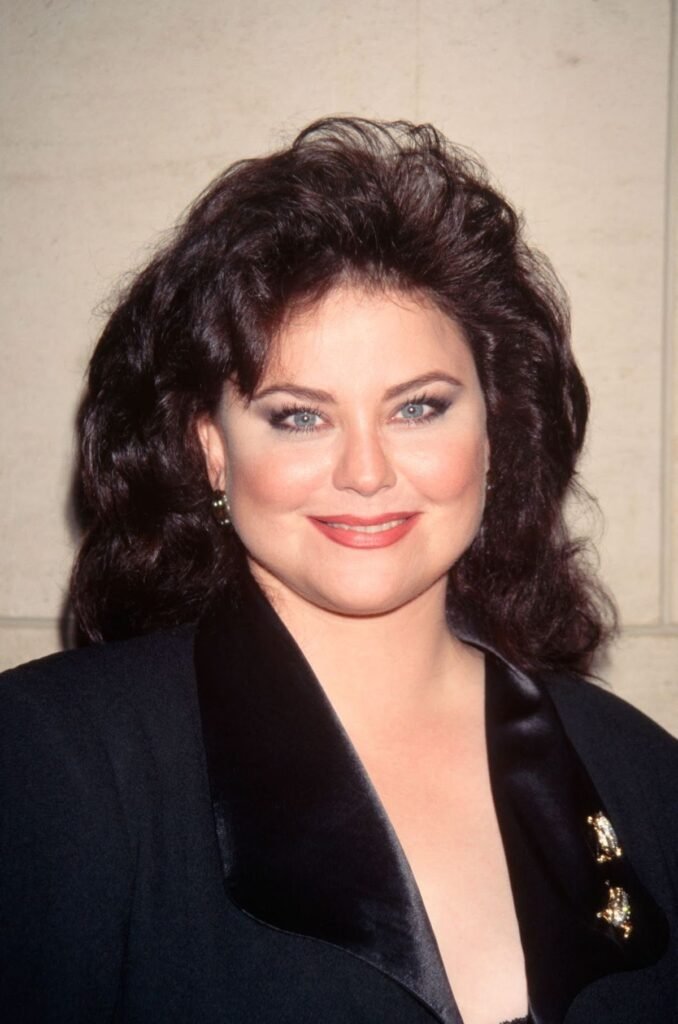
The move to New Orleans marked a turning point in her life, offering her the opportunity to escape the pressures of Hollywood. There, she embraced her true identity, launching a clothing line for plus-size women. She also wrote her memoir, Delta Style: Eve Wasn’t a Size 6 and Neither Am I, reflecting on her journey and the challenges she faced.
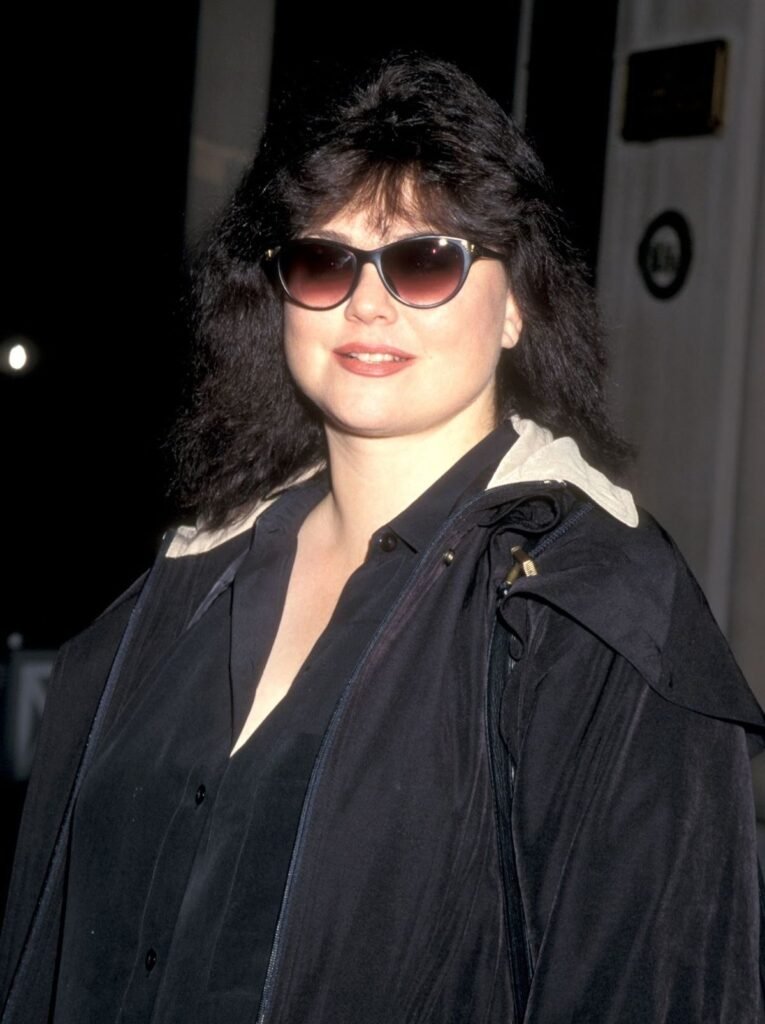
However, challenges continued to weigh heavily on her. In 1997, she faced a particularly dark year, grieving the loss of her grandmother and a cherished pet, all while caring for her mother, who was battling breast cancer.

In 1997, she was also diagnosed with Type 2 diabetes. “I knew I had to lose some more weight,” she recalled. Over time, she adopted a healthier lifestyle, eventually stabilizing her weight at 150 pounds—the same weight she had been when she first met her husband.
Years later, the former Hollywood star opened up about her past struggles with weight loss, revealing that she had turned to crystal meth as a means of shedding pounds. She began by taking prescribed pills while attending drama school in London, a choice that eventually led her down a destructive path.

However, when she returned to the U.S. and discovered that the pills were illegal, the actress found someone on a film set to supply them for her. Over time, she developed a tolerance to the pills and was eventually offered crystal meth as a way to manage her weight. This choice marked the beginning of a dangerous spiral in her life.

“Nobody knew about crystal meth at the time,” she shared during a podcast appearance in 2024. She explained that she would take the substance before work, often going days without eating. However, things began to improve when she met her husband, who became a source of stability and support, helping her find a path toward recovery.
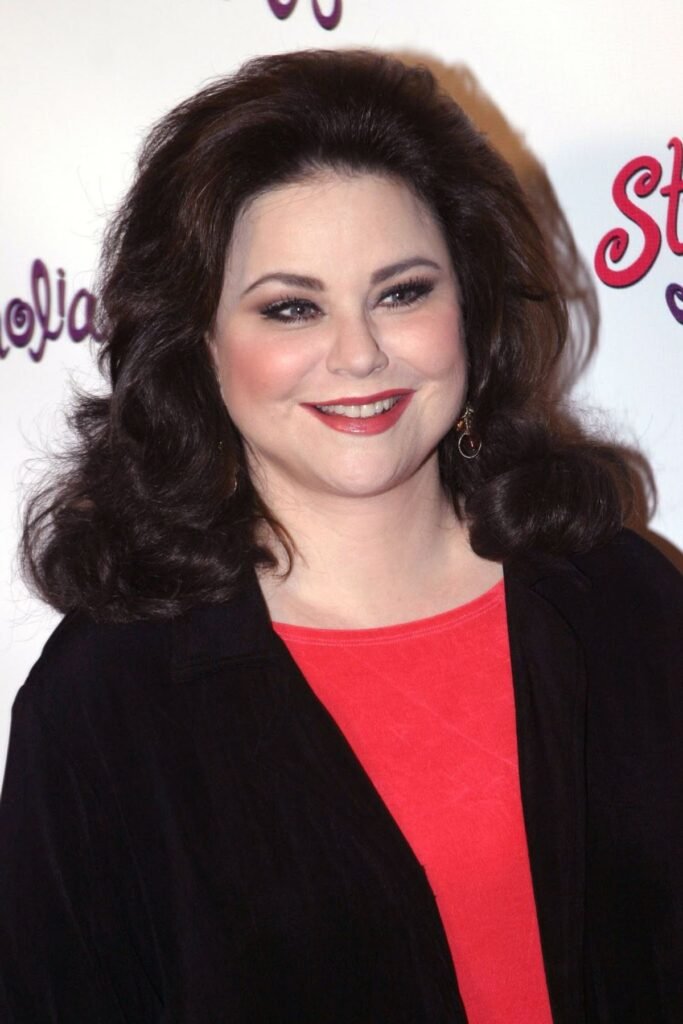
Delta Burke’s life took a pivotal turn in 1987 when she met Gerald McRaney, an accomplished actor who was cast as her character Suzanne’s ex-husband, Dash Goff, on Designing Women. Their on-screen chemistry blossomed into a real-life romance, marking the beginning of a love story that would endure through all of life’s challenges.

Their on-screen chemistry quickly turned into a real-life romance, with McRaney making his intentions clear early on. “He asked me to marry him on the second date, so we were pretty committed!” Burke recalled with a laugh, reflecting on how their deep connection developed right from the start.

McRaney later admitted, “I wasn’t going to let her get away. I already had competition. There were people asking her out on dates, and I was going to move in right away.” His determination and affection for Burke were clear, and he wasn’t about to let anyone else take the opportunity to win her heart.
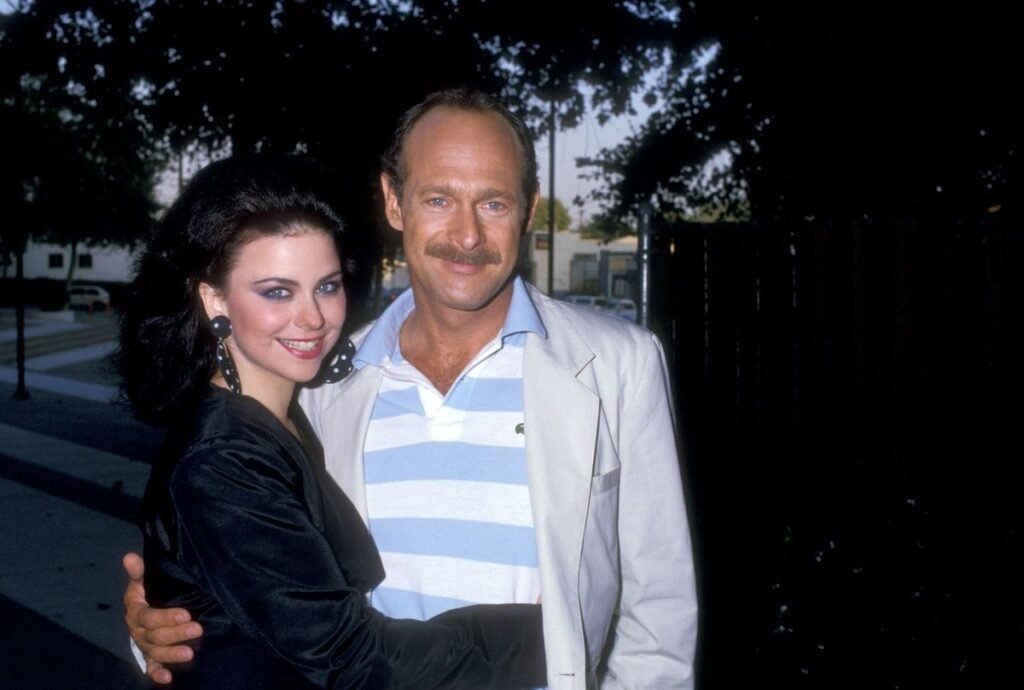
The couple married in 1989 in a lavish ceremony attended by Burke’s co-stars and 500 other guests, with the bride weighing 170 pounds on her wedding day. From the very start, McRaney proved to be a pillar of strength and unconditional love, supporting Burke through her personal struggles and challenges.
When Burke faced relentless scrutiny over her weight, McRaney remained steadfast in his support. “The weight never mattered to him,” Burke said. “He told me that honest to God he didn’t care, which of course I didn’t believe.” His unwavering love and reassurance helped her through some of her toughest moments, even when she struggled to accept it.

McRaney shared his perspective on their relationship, saying, “[…] If what you want is a trophy wife, then be happy with how empty and vacuous that’ll turn out to be. But if what you want is a wife, then you love that person. Period.” His words reflected his deep commitment to Burke, emphasizing that true love goes beyond appearances.

McRaney’s devotion became especially clear during one of Burke’s darkest moments. After her dismissal from Designing Women and the relentless media attacks, her depression reached a breaking point. One night, feeling overwhelmed, she found herself alone in her car, swallowing pills and contemplating suicide. However, it was McRaney’s love and support that ultimately helped her through this crisis, proving to be a lifeline when she needed it most.
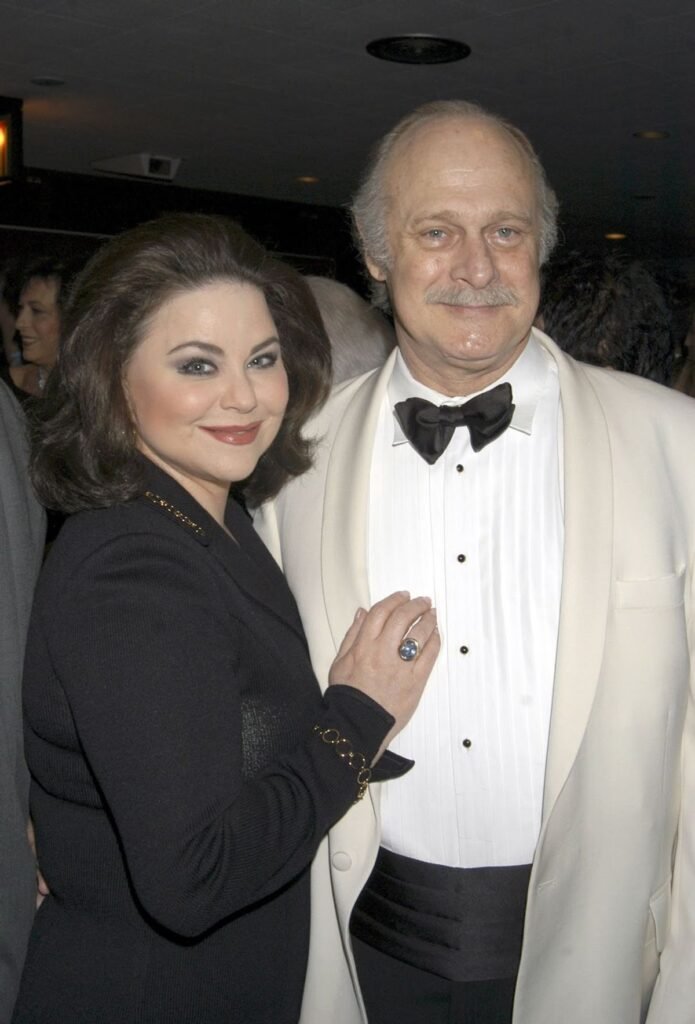
In a moment of desperation, Burke reached out to McRaney. “I didn’t know where I was, but he found me,” she recalled. As she began to rebuild her life, McRaney remained unwavering by her side, offering constant love and encouragement through every challenge. His steadfast support helped her heal and regain hope during her darkest times.
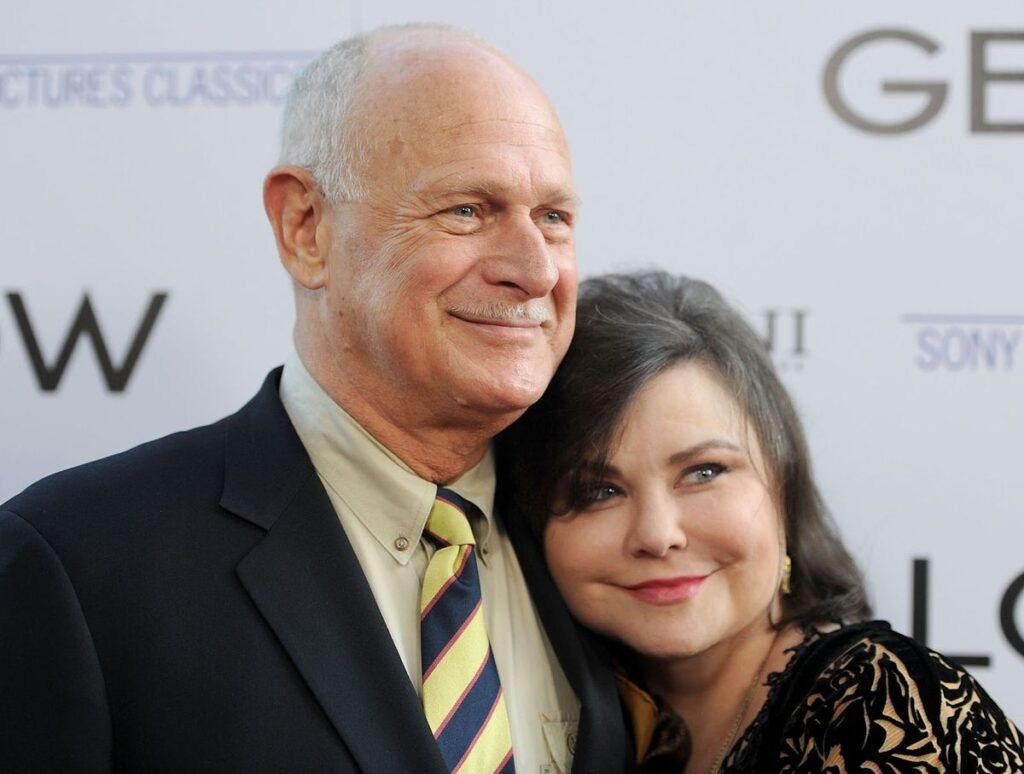
When Burke was diagnosed with diabetes, McRaney supported her efforts to adopt a healthier lifestyle. The actress often marveled at her husband’s unwavering affection. “Mac loves me no matter what,” she said. “He loved me when I got as big as a house. […] He still thinks my body looks great, and I can certifiably tell you it does not!” His unconditional love remained a constant source of strength for her, regardless of her physical changes.

The couple’s bond only deepened over the years, strengthened by their shared sense of humor and mutual respect. In 2017, when McRaney won an Emmy for his role in This Is Us, he used the moment to honor Burke. “As a man, I’ve had the love of the finest woman I can possibly imagine,” he said. “At the end of a day’s work, I get to come home to her — that’s the fun.” His heartfelt tribute underscored the deep love and admiration he held for his wife.

“We did a renewal of our vows once, and one of the things that Delta wrote into the vows was that we embrace each other’s insanity. Not just accept it – embrace it,” McRaney added, highlighting the playful yet profound nature of their relationship.
While Burke stepped away from Hollywood, she found joy and fulfillment in her personal life. “I love my life truly for the first time,” she said. “And I love him desperately.” The couple’s enduring love and mutual support provided her with the peace and happiness she had long sought.
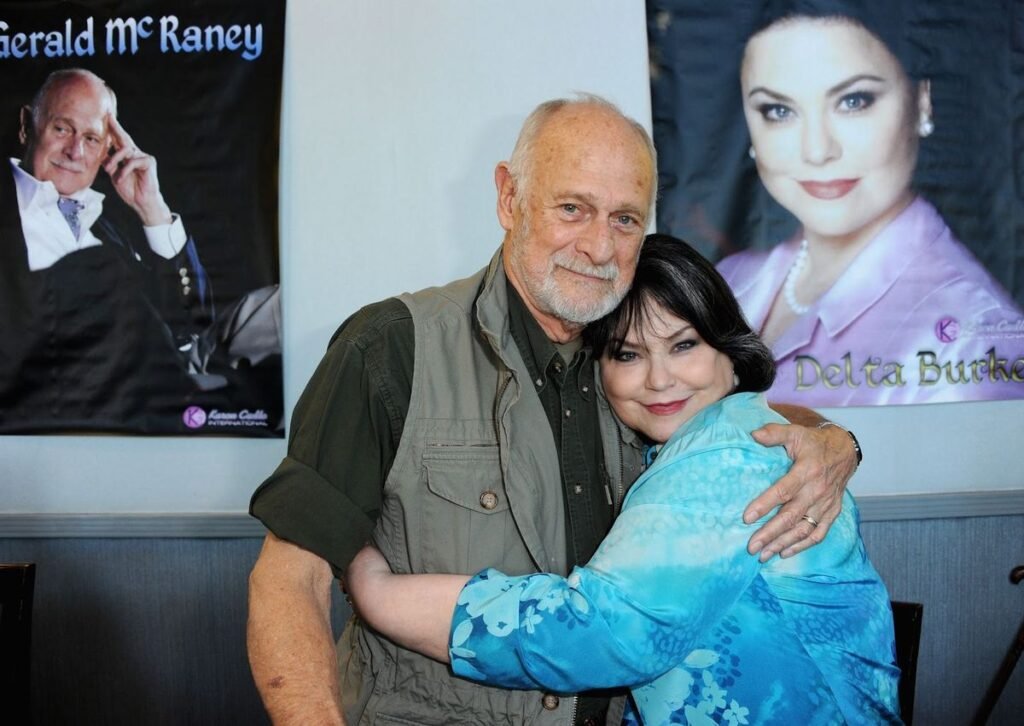
Delta Burke’s journey from fame to personal struggles and back to a place of stability truly highlights her remarkable resilience. Despite facing relentless scrutiny and health challenges, her husband’s unwavering support was a constant source of strength throughout her most difficult moments.



